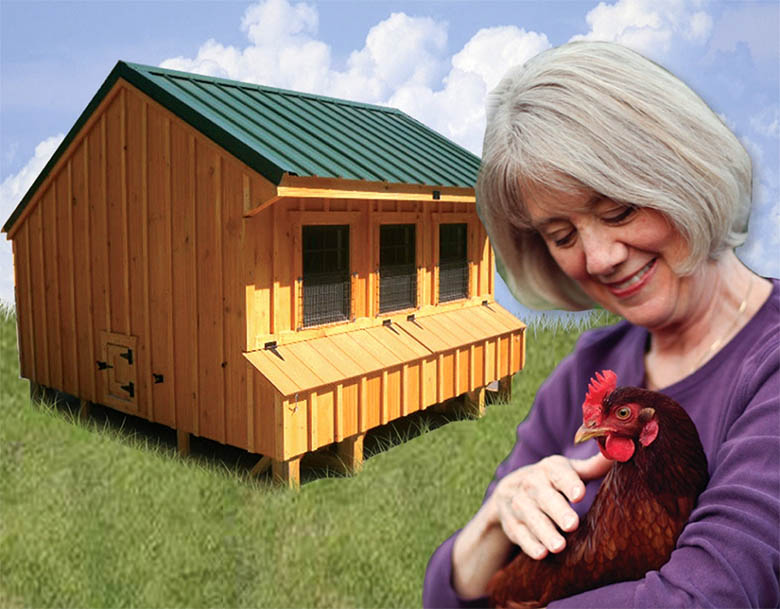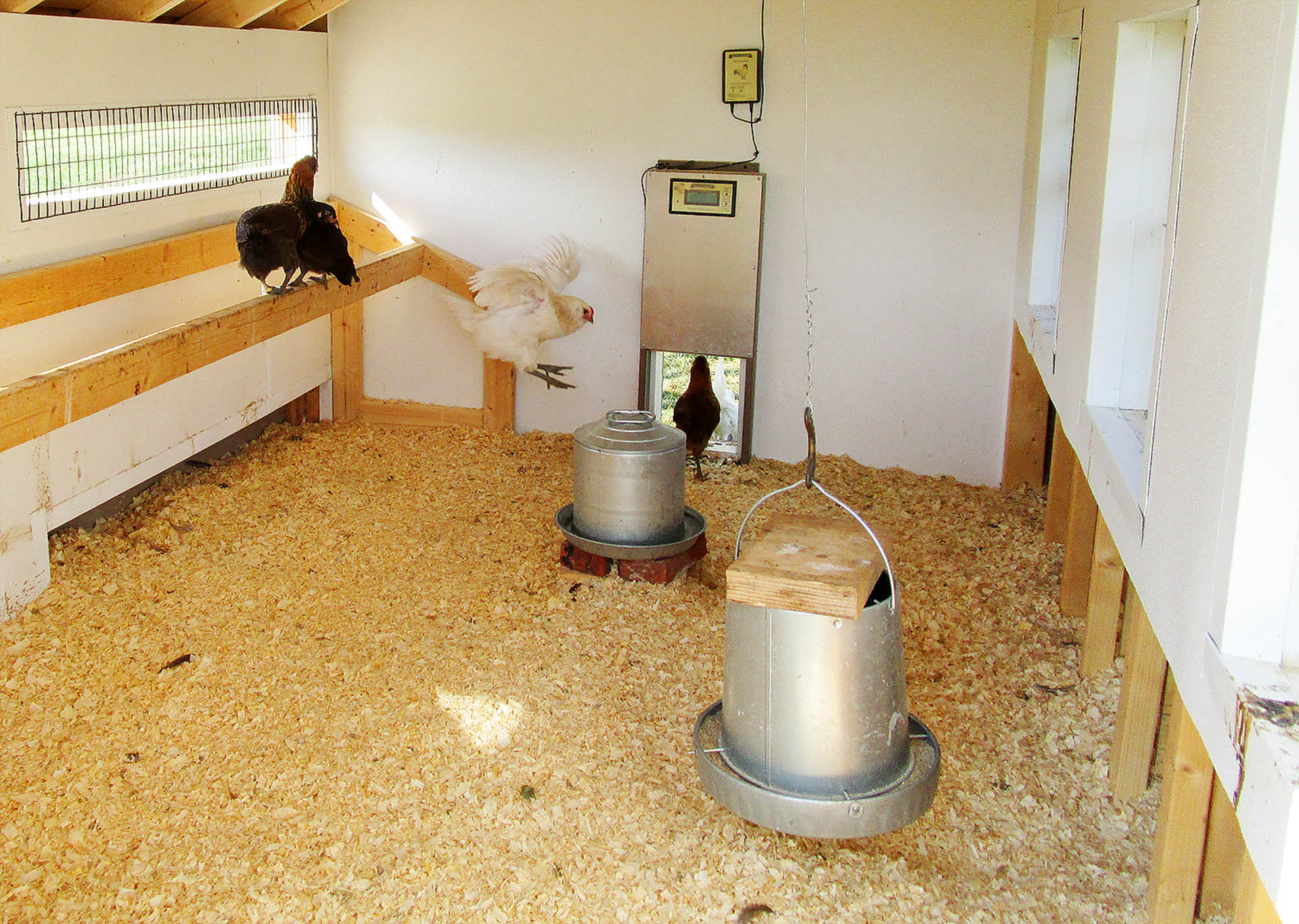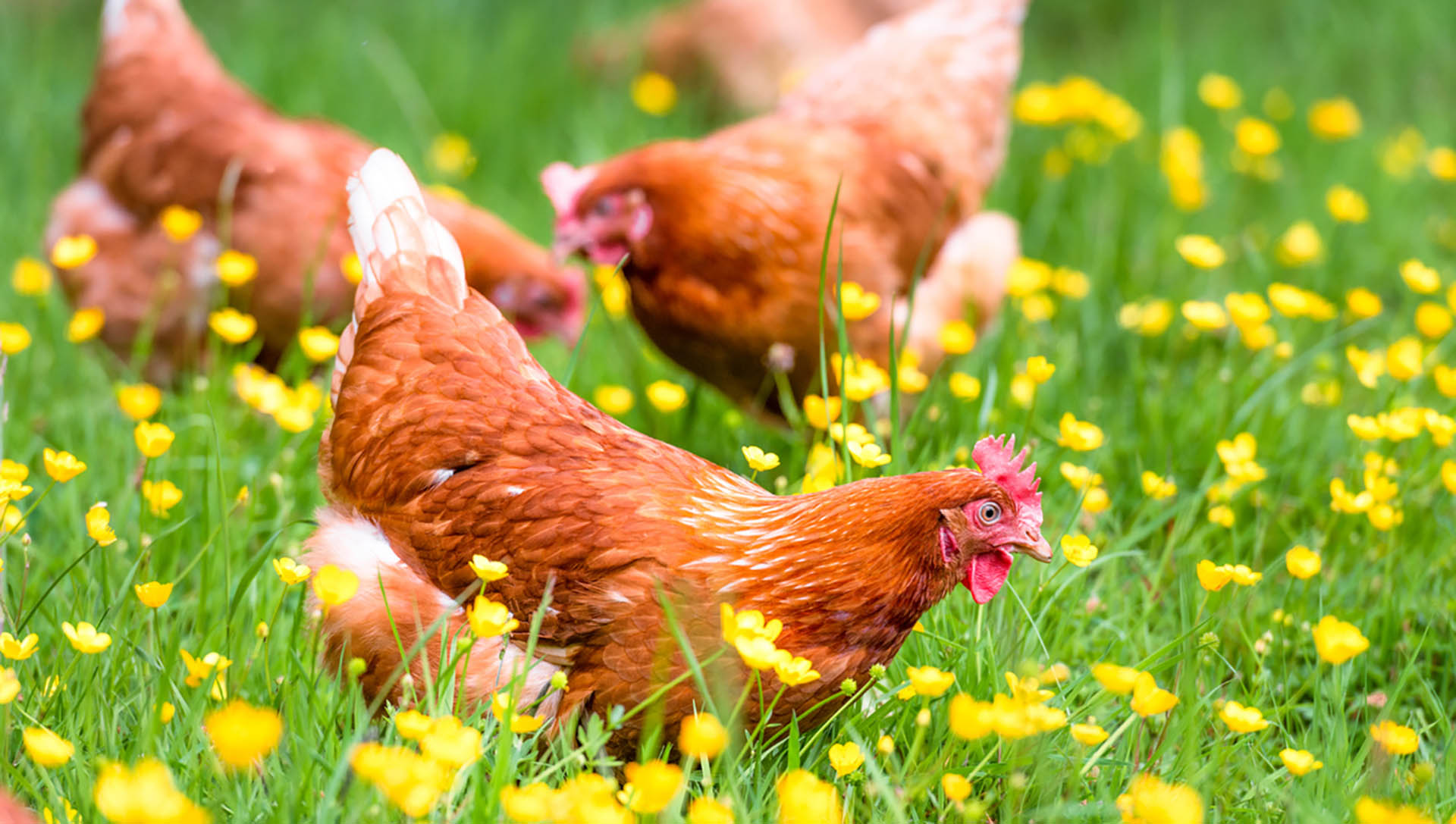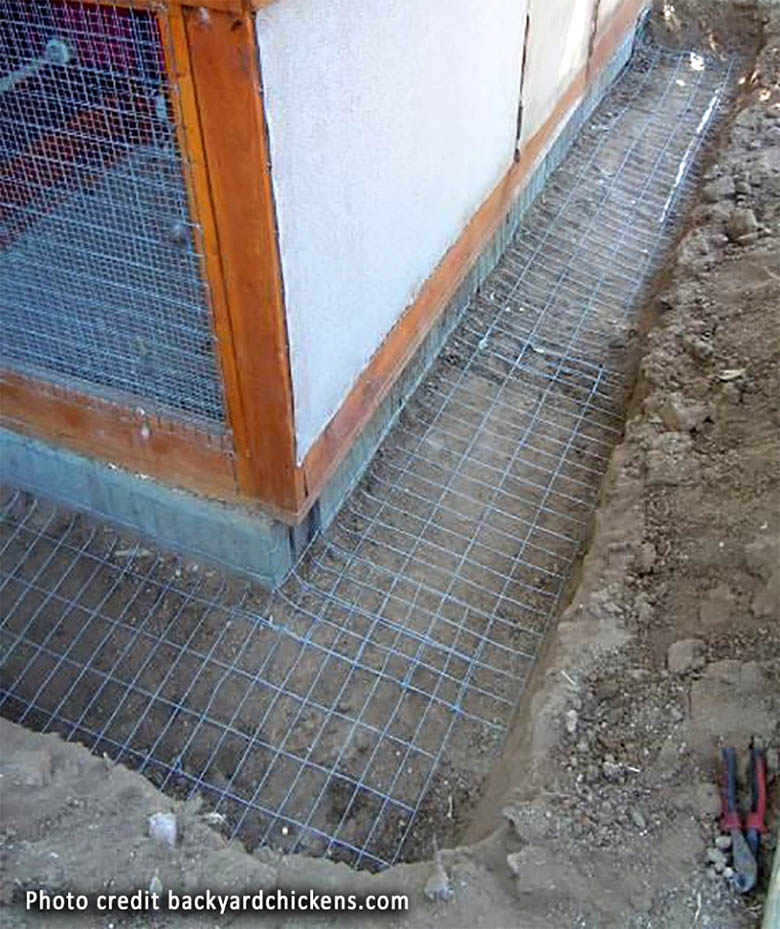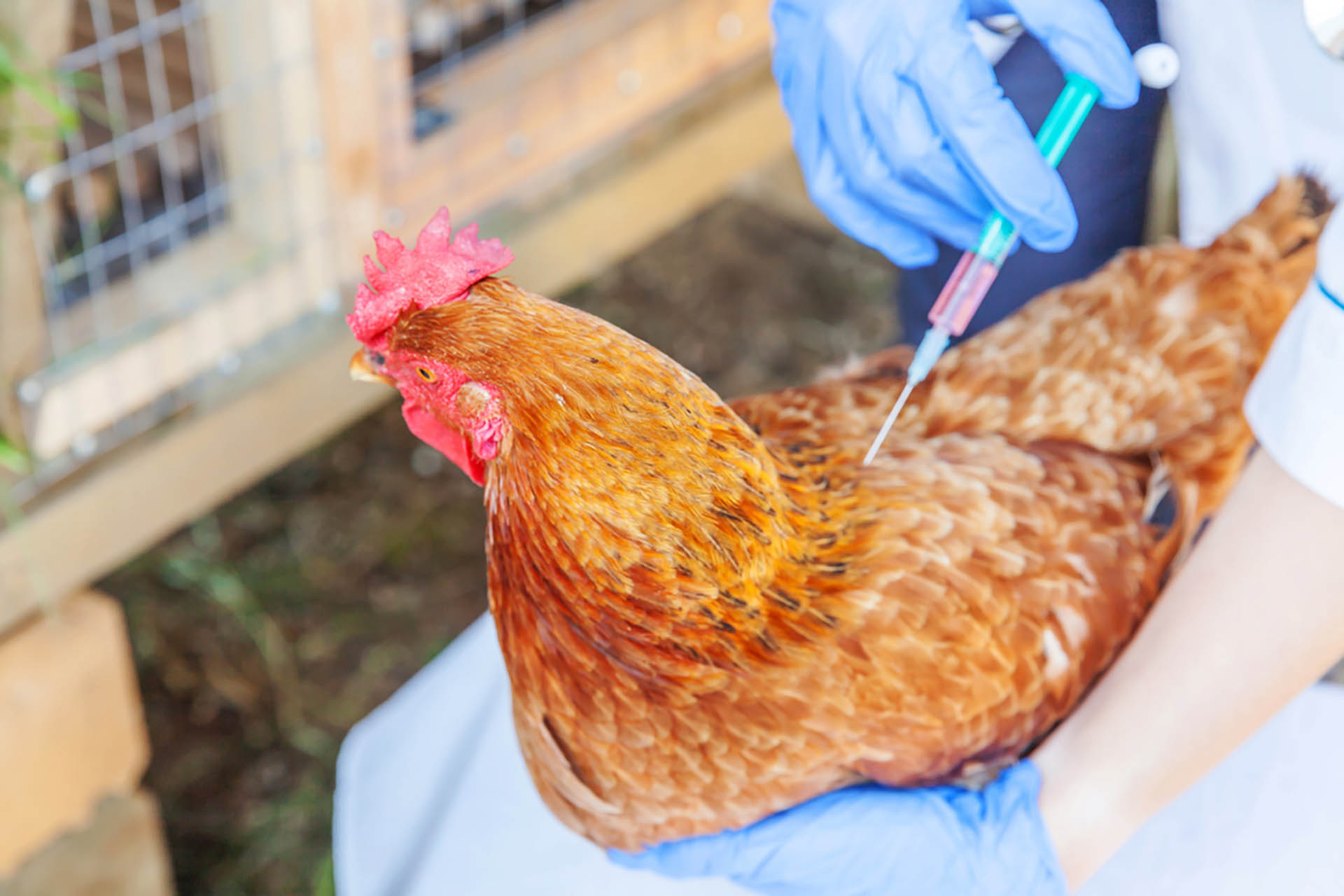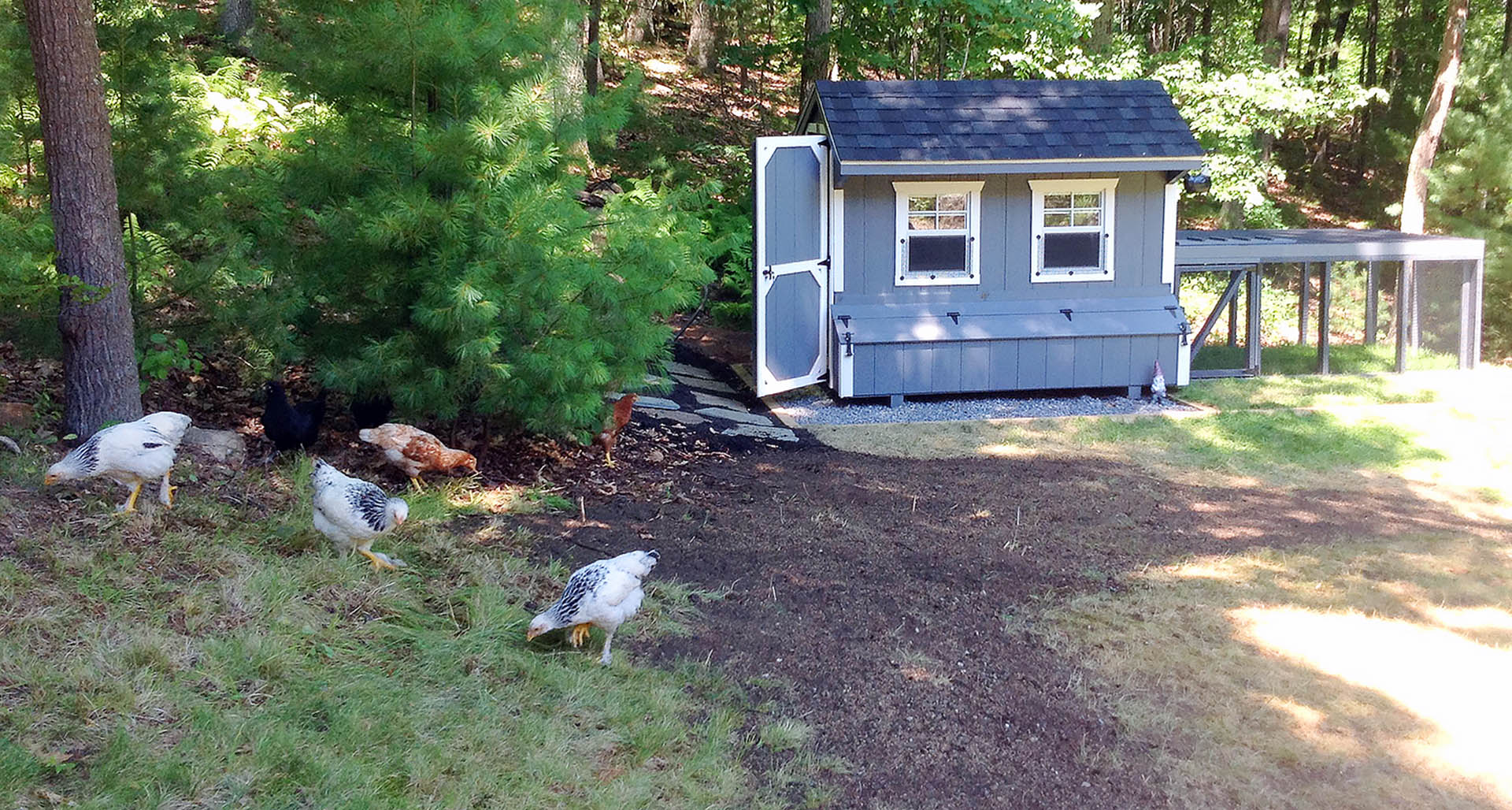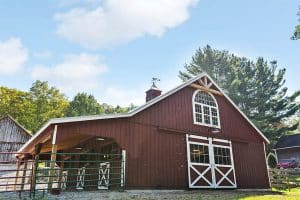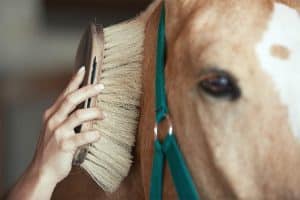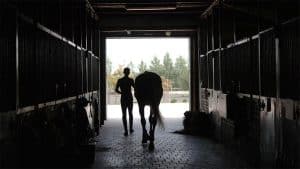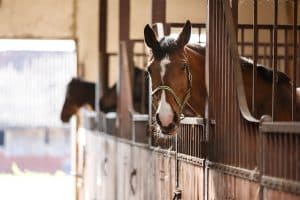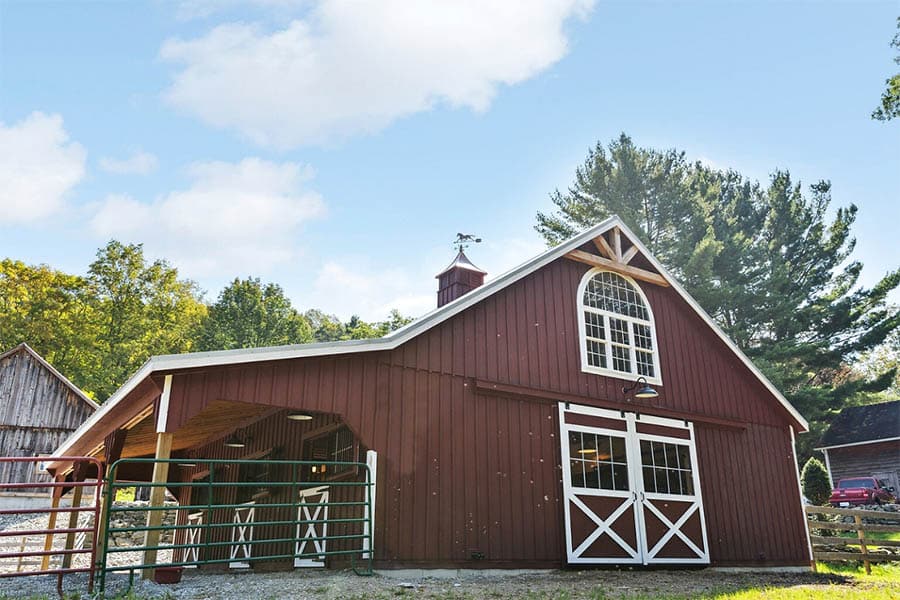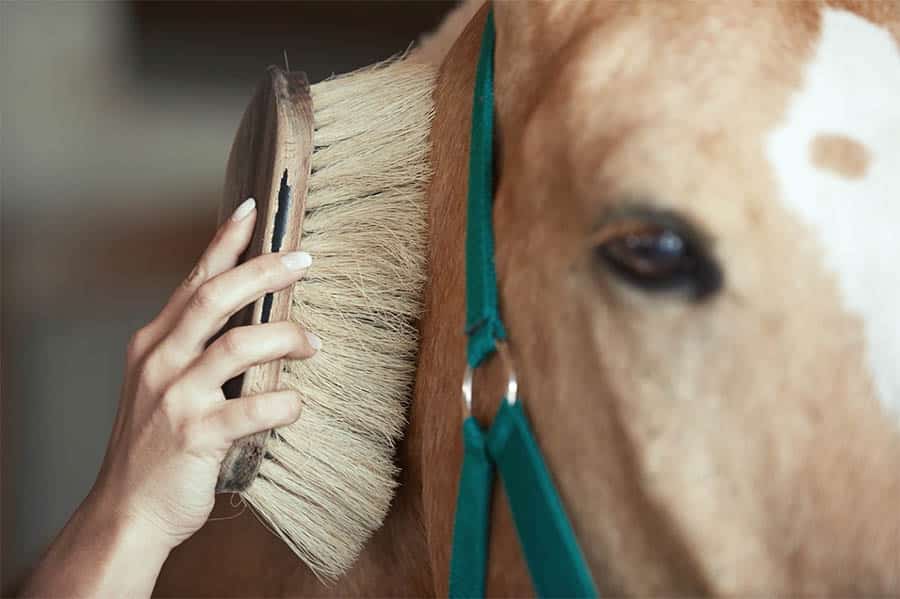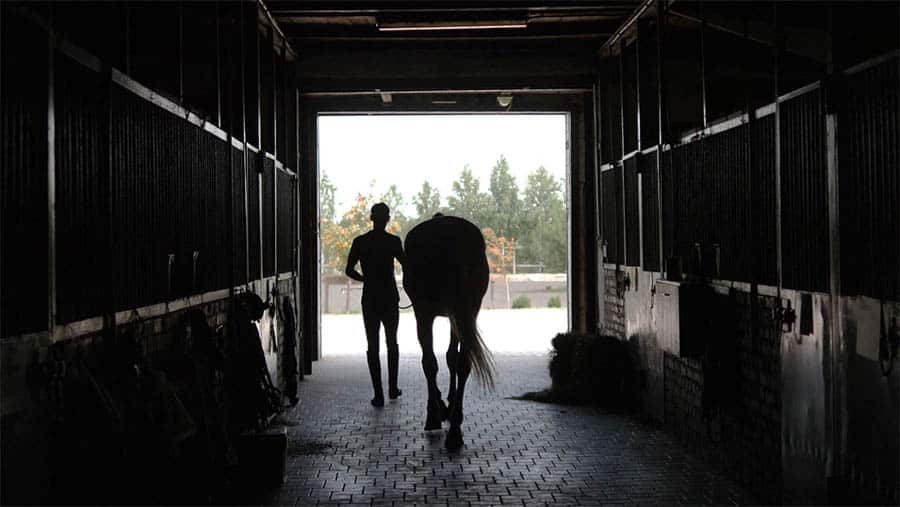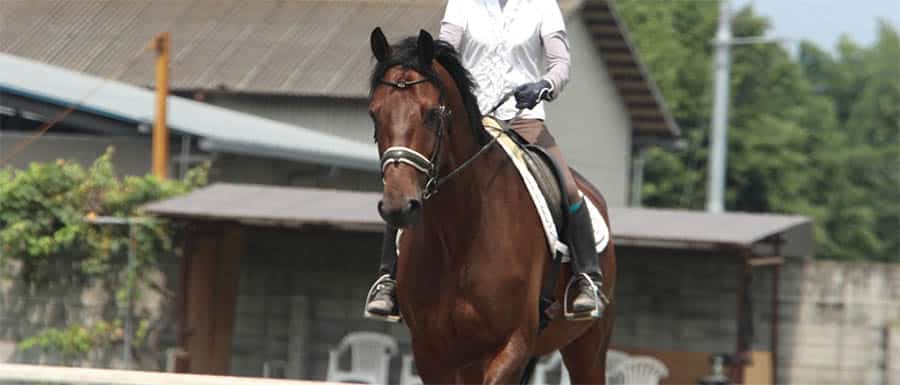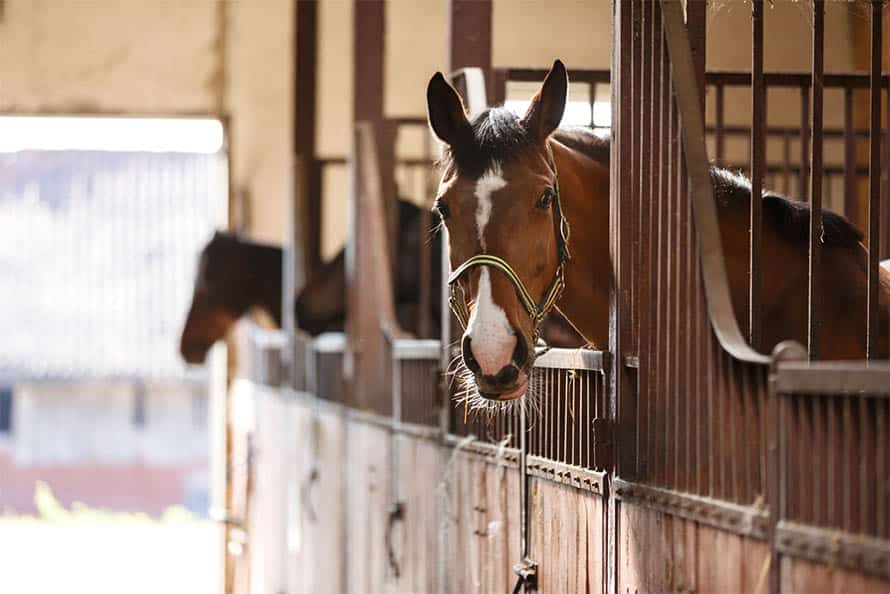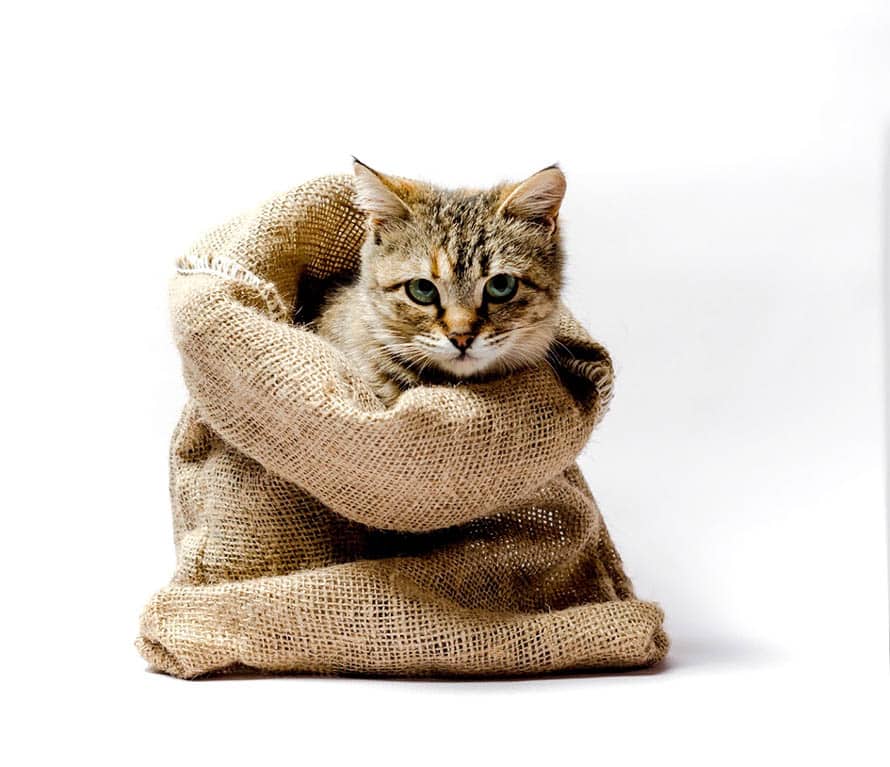What do you need for chickens? If you are raising chickens for meat or for eggs, you’ll find that it can be sometimes very challenging. They are prone to some health issues that can pass very quickly, due to their close proximity in a coop/confined space.
We also need to worry about predators when we raise chickens and it doesn’t matter where you live, whether in off-grid living or in the city, there will be predators. Even in downtown Denver, in the very heart of the city, you will see foxes roaming parks after dark. Raccoons, snakes, and opossum are all common predators of chickens.
Taking all of this into consideration, there are some things that you can do to protect your chickens and give them a happy and healthy life. Let’s take a look at some of the basic things to keep them happy and laying eggs.
Chickens need fresh water available at all times. They are easily dehydrated and with dehydration comes sickness and death. Their water needs to be clean and elevated so that they can’t drown in it as well. Keeping ducks and chickens together can sometimes result in the hen who doesn’t know she can’t swim being found expired in the duck pond.
Provide clean, freshwater elevated off the ground, and change it daily. A cool drink on a hot day will keep them healthy and alive.
Good food is essential. Chickens need feed that is appropriate to their nutritional needs. Letting them range every day can also provide them with nutrition and exercise. They love to eat bugs that are harmful to your garden and your lawn. Letting them feast on these each day will allow you to simply supplement them with a good feed to give them the extra things they need.
Shelter from the elements and protection from predators. Hens may forage by day; whether you choose to allow them to free-range or they have a fenced area, they need a coop to return to at night. This needs to be made of sturdy materials to keep coyotes, foxes, opossum, and raccoons away from them at night.
Chicken wire will keep your hens in but it won’t keep predators out. This is a huge mistake. Use carpenter’s cloth instead. It’s very strong and the holes are too small to allow snakes to get inside and eat eggs as well.
Burying your perimeter fencing to several inches below the ground level will deter digging predators like mink and skunks. The hardware cloth will prevent raccoons from reaching through the wire and grabbing chicks and foxes can shred and rip this fence apart with very little effort.
Using netting over the top of your hen run will ensure that snakes cannot drop from above, nor can owls and hawks swoop down and grab a fast meal.
Medical care is necessary. Chickens should be vaccinated for some diseases and you can even vaccinate for salmonella if you choose to.
It is sometimes necessary to worm your chickens and you might also find yourself needing to dislodge an egg from her vent before it kills her.
The more you educate yourself about common chicken issues like ‘pasty butt’ and ‘calcium deficiency’ the better your hens will produce and the longer they’ll live and be viable laying hens.
Provide your hens with shade to get out of the hot summer sun when they need to. A fan in the coop to help circulate the air on muggy August nights may be necessary depending on where you live as well. They can be overcome by heat and this is why they need fresh water and a place to get out of the beating sun.
Clean their coop regularly. They need clean bedding to lay in and will happily lay more eggs when circumstances make them happy. Moldy and dirty bedding can cause upper respiratory infections very easily and this can kill hens. Avoid these issues by providing clean bedding and maintain a clean coop for your hens.
Hens need to roost. This is their natural instinct to avoid predation. Inside your coop, you should provide a place for your hens to get up off the ground and sleep on a roost at night. When you bring them in each night before dark and close them inside, locked away from predators and dangers, your chickens will stay happy, healthy, and keep producing eggs for you.
Dawn Greer is an avid environmentalist, outdoor enthusiast, and writer for TinyLivingLife.com. She has spent most of the past ten years living off the grid or traveling via RV across the United States. She currently resides in Oklahoma at her off-grid home, Shambala Rock, along with her three dogs, a cat, chickens, and miniature goats.



